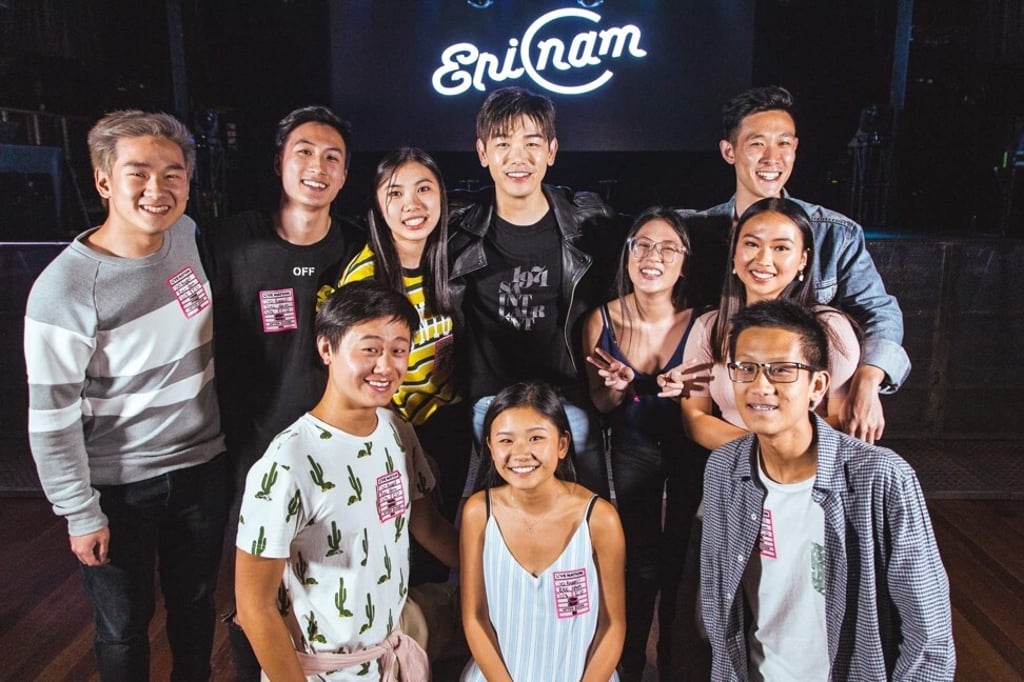Subtle Asian Traits Facebook group founders on its surprise success, and how Crazy Rich Asians helped make it one of social media’s biggest Asian communities
- Subtle Asian Traits was created by students in 2018. Today, the Facebook group has almost 2 million members and is one of the largest Asian communities online
- Its founders never expected the group to become as successful as it is, and said its creation ‘was a very spur-of-the-moment kind of thing’

Kerry Kang and Tony Xie didn’t pay much attention to what they were supposed to be learning during their Chinese language and culture course. The classes – which took place every Saturday at Thornbury High School, 7km (4.3 miles) north of Melbourne’s central business district in Australia – were instead where they went to socialise.
The Australian-born Chinese (known colloquially as “ABCs”) duo say there were few Asian students at the school they attended on weekdays, so the weekend classes were a chance for them to find a sense of unity and belonging.
One day in early September in 2018, one of their classmates suggested they create a Facebook group, a spin-off of an existing one that was called Subtle Private School Traits.

“It was a very spur-of-the-moment kind of thing. It was the time we were all going to do our Year 12 exams,” says Kang, 19, who is now studying civil engineering and architecture at Melbourne’s Monash University.
Xie, also 19, is enrolled in a bachelor of science degree at the University of Melbourne. “It kind of just seemed surreal,” Xie says of the group’s overwhelming success. “I was like, ‘surely this is not happening, this is not right’. We didn’t know how to handle all the people messaging us.”